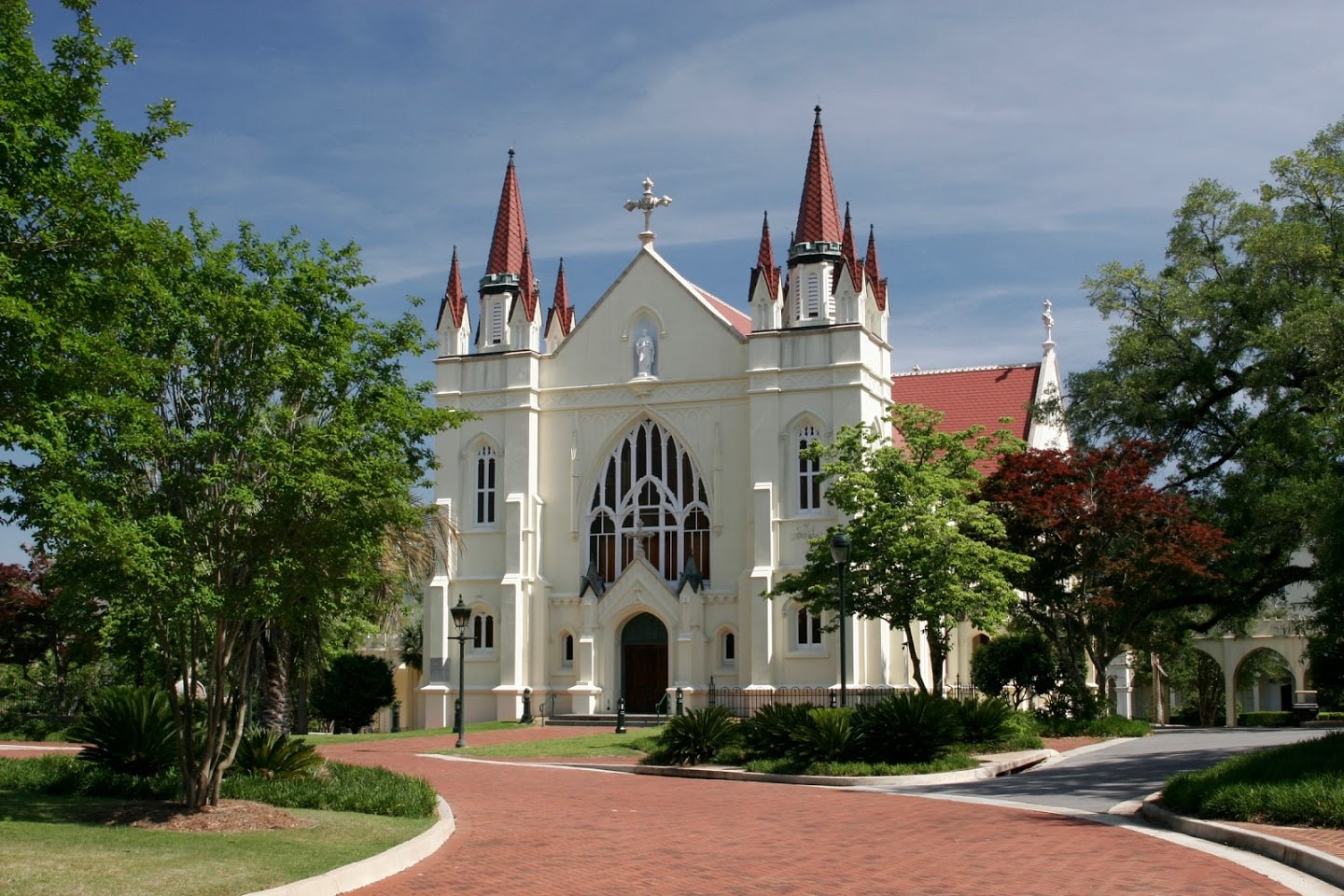
Call for Papers
CFP: Human Families: Identities, Relationships, and Responsibilities
NABPR Region-at-Large Call for Papers
CTS/NABPR-RAL 2020 Meeting
The College Theology Society holds its Sixty-Sixth Annual Convention from Thursday evening, May 28 through Sunday noon, May 31, 2020, at Spring Hill College in Mobile, Alabama, with a focus on the theme “Human Families: Identities, Relationships, and Responsibilities” The full CTS Call for Papers, along with other information about the Annual Convention, appears here: http://www.collegetheology.org/Annual-Convention. The Call for Papers below applies specifically to the NABPR-RAL sessions in the CTS program.
- Contemplation, Transformation, and Resistance: The Work and Influence of Howard Thurman
We invite papers that consider how Howard Thurman understood the relationship between contemplation, personal transformation, and resistance. How does Thurman relate contemplation to justice and nonviolence? How does Thurman understand the relationship between contemplation and action? How has Thurman’s understanding of contemplative nonviolence shaped and formed movements of resistance and social change? How can Thurman speak to Christian churches today as they seek to address structural racism in US culture and society?
Papers that also place Thurman in conversation with other people (such as Dorothy Day, Thomas Merton, Martin Luther King Jr., Oscar Romero) around the theme of contemplation, transformation, and resistance are also welcomed.
- Engaging Robert Louis Wilken’s Reassessment of Religious Freedom
We invite papers that critically engage the historical, contemporary, and ecumenical significance of Robert Louis Wilken’s The Liberty of All Things in God: The Christian Origins of Religious Freedom (Yale University Press, 2019).
- The Family in Southern Literature
We invite papers that develop religious, theological, or moral interpretations of the identities, relationships, and responsibilities of human families as characterized in Southern literature. How have Southern writers conceptualized the depth, breath, and diversity of human families? How have Southern writers characterized religion and religious institutions and movements in relation to human families? How have Southern writers’ portrayals of human families intersected with or commented upon social, cultural, political, and religious events in the world? How have Southern writers explored issues of race, gender, sexuality, immigration, and migration through their portrayal of human families? How have Southern writers reflected on persistent social conditions and structural issues confronting human families including (but not limited to) poverty and economic insecurity, racism and other forms of discrimination, sexism, gender discrimination, the marginalization of LGBTQIA persons, domestic violence, political violence and war, and ecological harm and devastation?
- Baptistic Theologies and the Family
We invite papers that explore the implications of baptistic theological motifs (e.g., covenant, baptismal identity, congregational ecclesiology, priesthood of believers, dissent) and of the development of systematic/constructive loci by baptist theologians (e.g., participatory Trinitarian theologies, relational theological anthropologies) for (1) constructive theologies of family, gender, and sexual ethics, (2) critiques of such theological constructions as “complementarianism” and theological anthropologies derived from both hierarchical and egalitarian Trinitarian ontologies, and (3) responses to clergy sexual abuse scandals.
Proposals should be 250-500 words in length and must include name, current email address, and current institutional affiliation. Please submit proposals to Steve Harmon ([email protected]) and Mark Medley ([email protected]) by December 31, 2019. Scholars will be notified of the status of their proposals by January 31, 2020.
CFP
Baptists Christianity CFP